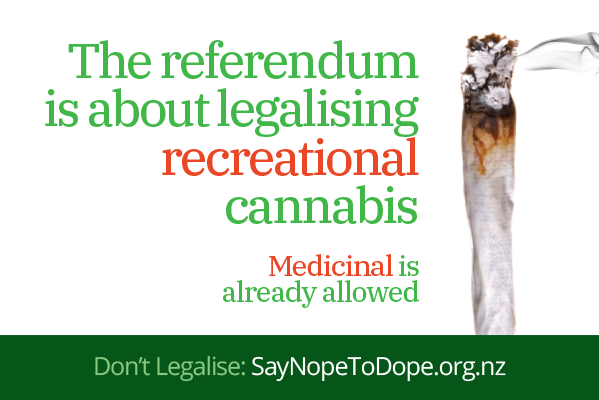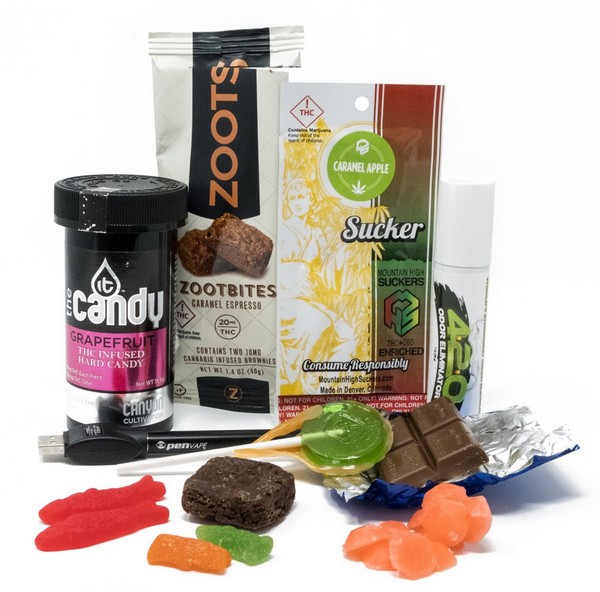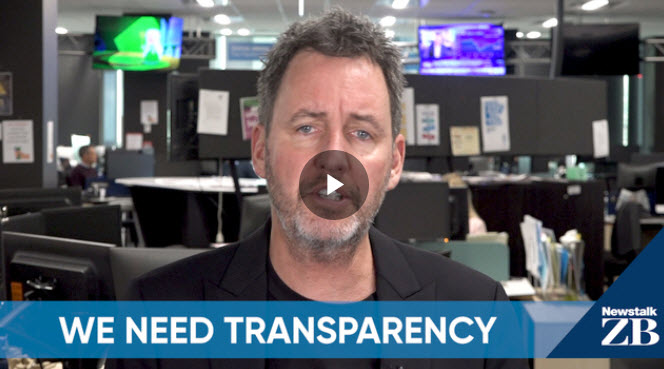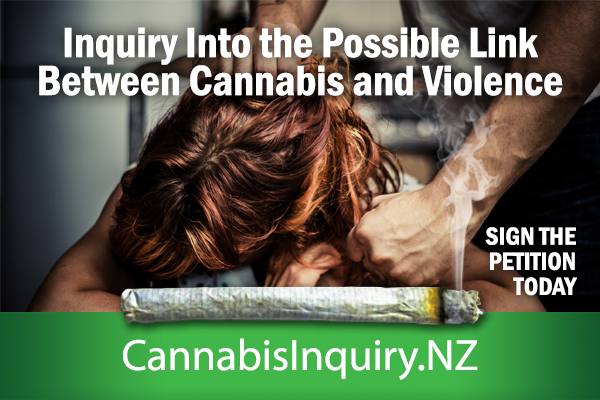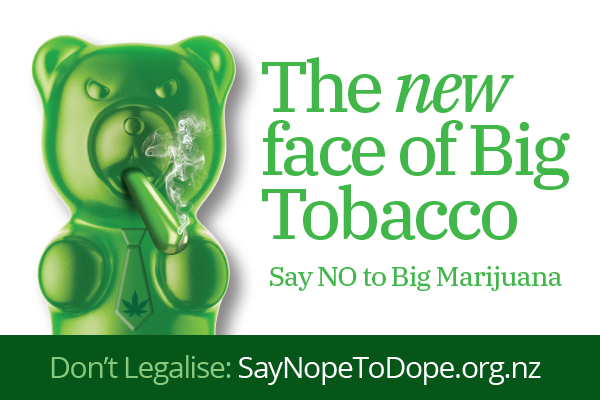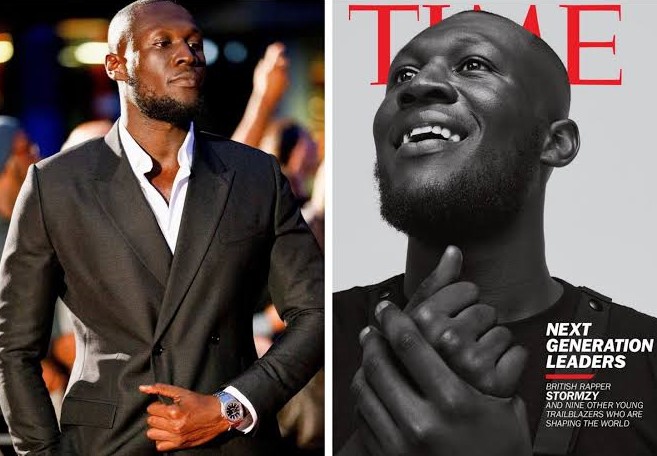
NZ Herald 14 June 2020
Our additional comment: Great stuff from TDDA who are part of the SAM-NZ coalition…
“The Drug Detection Agency’s chief operating officer Glenn Dobson has some major concerns about cannabis becoming legal, especially for workers in the Rotorua area who could find themselves impaired to the point where they could be seriously hurt or killed. He said THC – the psychoactive compound in cannabis – was proven to affect a person’s ability to concentrate, their mental awareness, ability to multi-task and their time perception. He wasn’t convinced that wasn’t just immediately after smoking the drug when users felt “stoned”. He said from the Drug Detection Agency’s point of view any legalising of cannabis was going to create safety “headaches” for employers.”
Should New Zealanders be allowed to smoke and grow cannabis legally for themselves? Journalist Kelly Makiha takes a look at the controversial issue and explains this year’s referendum while also finding out which way some locals will vote.
“Dak heads” and “stoners” or just a harmless way of winding down that’s become socially acceptable?
In just over three months New Zealanders get to choose whether it will become legal to grow and use cannabis for recreational purposes.
Depending on which side of the argument you’re on, there are plenty of pros and cons.
The Drug Detection Agency’s chief operating officer Glenn Dobson has some major concerns about cannabis becoming legal, especially for workers in the Rotorua area who could find themselves impaired to the point where they could be seriously hurt or killed.
He said THC – the psychoactive compound in cannabis – was proven to affect a person’s ability to concentrate, their mental awareness, ability to multi-task and their time perception.
He wasn’t convinced that wasn’t just immediately after smoking the drug when users felt “stoned”.
He pointed to the Yesavage study, which showed 10 experienced licensed private pilots were impaired while flying 24 hours after smoking cannabis.
He said despite failing in areas including judging the wings, elevation and landing, the pilots reported not feeling impaired at the time.
He said from the Drug Detection Agency’s point of view any legalising of cannabis was going to create safety “headaches” for employers.”
“We are about workplace safety and any legislation that legalises the usage is going to have a negative impact on safety and for that reason, we have some concerns.”
He said potency was also a factor as cannabis nowadays was a completely different drug to what it was decades ago. He said if the Government’s cannabis wasn’t as strong and was more expensive than what could be found on the black market, nothing would change in terms of stamping out criminal growers.
“Users will look to get better bang for their buck.”
READ MORE: https://www.nzherald.co.nz/rotorua-daily-post/news/article.cfm?c_id=1503438&objectid=12338579



